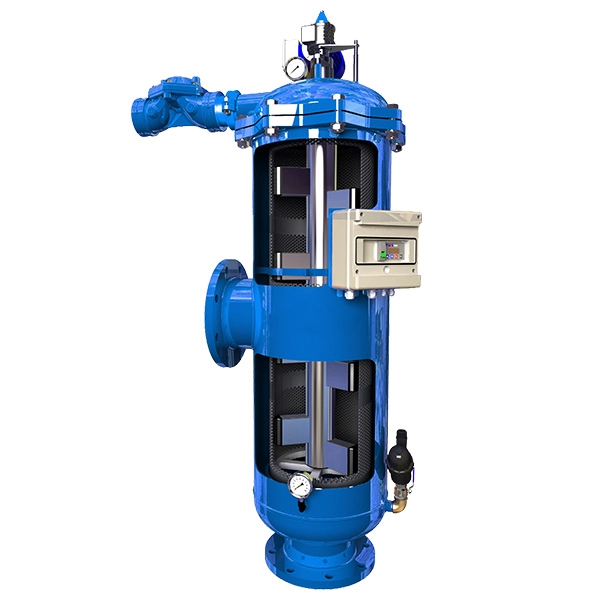When the container is under pressure, the pressure will be applied to the container wall. Regardless of the shape, the pressure on the surface is always normal. It is a container whose pressure is different from atmospheric pressure. There are many kinds; thin-walled, thick-walled, sturdy tanks, transportable containers, propane cylinders and gas cylinders. It is a container that contains liquid, steam or gas whose pressure is different from atmospheric pressure at the same height. Generally, if the radius is greater than 5 times the wall thickness, then a is considered thin-walled. In this case, it can be considered that the tension in the wall is uniform. Thin walls are very common. There are two specific types; cylindrical pressure vessels and spherical pressure vessels. In this case, it can be considered that the tension in the wall is uniform. The stress in a thin-walled container varies from a maximum value inside the container to a minimum value outside the container. The storage tank is a type of thin-walled pressure vessel.
The thick wall means that the wall is 10% thicker than the inner
diameter. Thick-walled pressure components that operate at high temperatures in
power stations, chemical and petrochemical industries can be damaged by high
temperatures, mechanical stress, and corrosive environments. These factors can
lead to thermal fatigue, creep-fatigue and other processes that lead to
degradation. When subjected to internal and external pressures, tension and
strain exist in thick-walled pressure vessels. They have high tensile strength
and can withstand the maximum load.



No comments:
Post a Comment